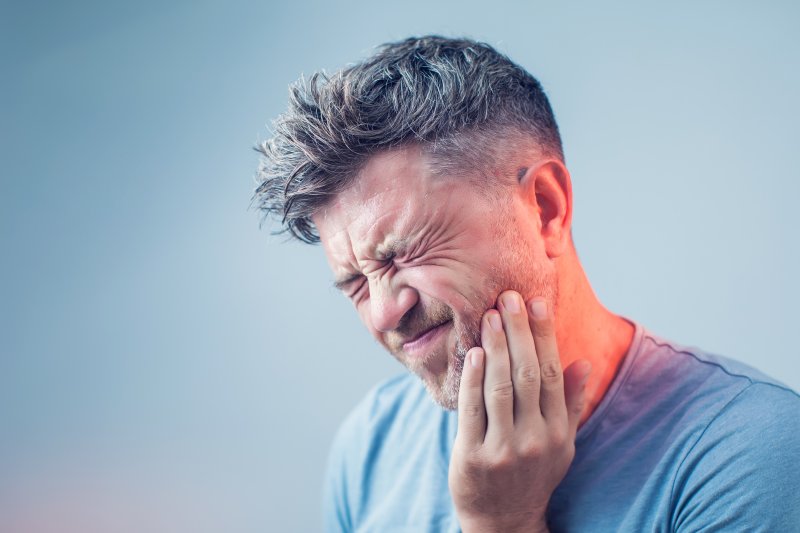
If wisdom teeth are so wise, why do they get kicked out of almost every place they show up? As nice as it’d be for them to stick around, there often just isn’t enough room. Wisdom teeth extractions are common procedures that can spare a patient pain and protect the results of orthodontic treatments, but most people get them removed in early adulthood.
If you’ve finally decided that you’re sick of these troublesome molars when you’re a bit older than that, or if you were never able to have them removed in your youth, then don’t worry! Wisdom teeth can be removed at any age, but the process might be different for patients with more years under their belts. Here’s what you can expect when getting your wisdom teeth removed when you’re past your early twenties.
Why Would Wisdom Teeth Need to be Removed?
Many people simply don’t have mouths big enough to accommodate them, which can cause them to push other teeth out of alignment (which is especially frustrating to those who have undergone lengthy orthodontic treatments). They can also be difficult to clean, which can lead to them developing tooth decay or gum disease. An impacted wisdom tooth (one partially or fully submerged under the gums) is even more susceptible to infections and other oral health problems. Sometimes the pressure of having them in the mouth can cause a patient to experience constant pain in their teeth.
While having one’s wisdom teeth extracted is not uncommon, not everyone ends up needing theirs removed. In fact, there is no research finding any health benefits from removing them if they aren’t causing problems. However, they can prove to be an uncomfortable nuisance in many cases, and removing them can be the best course of action.
Removing Wisdom Teeth After Early Adulthood
If your wisdom teeth are problematic, leaving them in the mouth will just allow them more time to cause damage to the teeth, gums, nerves, and jawbone. However, if you are older than fifty, the extraction surgery can be more complicated than it would be in early adulthood.
Since bone density decreases with age, wisdom tooth extraction for early adults can require more precautions to preserve bone structure. Additionally, older patients will usually take a longer time to heal and may have a greater risk of post-operative bleeding, infection, or nerve injury. These risks can be mitigated with proper oral hygiene and regular visits to the dentist.
Only a dentist can make the final call about removing your wisdom teeth, and there may be alternative treatments that can resolve any issues without extractions. However, if you do need your wisdom teeth extracted after early adulthood, you can rest assured that the process is possible and perfectly safe.
About the Author
Dr. Natalya Ramsay earned her degree in general dentistry at the Oregon Health and Science University School of Dentistry, and she regularly continues her education on the latest skills, procedures, and equipment in oral healthcare. She serves as a member of the American Academy of Facial Esthetics and the American Academy of Cosmetic Dentistry. Her office in McMinnville, OR offers general, restorative, cosmetic, and emergency dentistry in addition to wisdom tooth extractions. If you’re curious about whether you need a wisdom tooth removed, contact her office online or dial (503) 472-1402.
